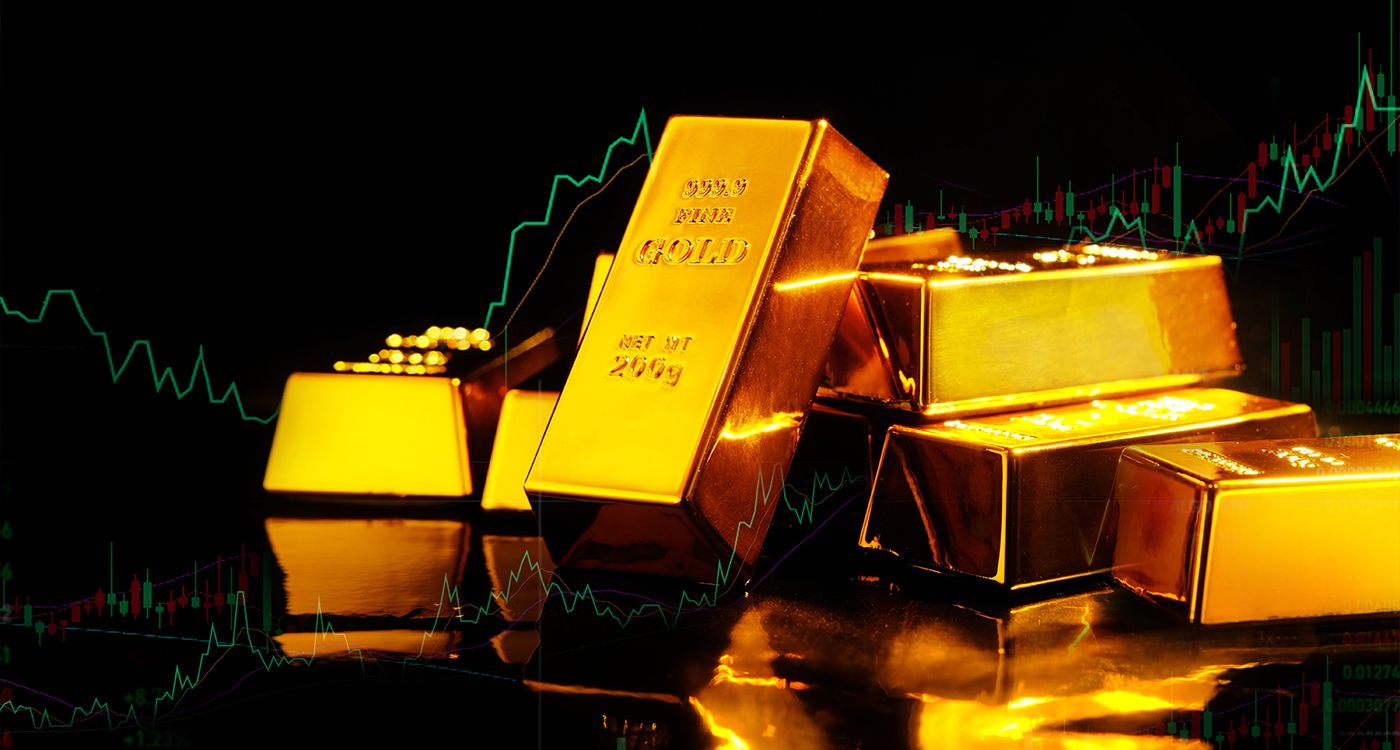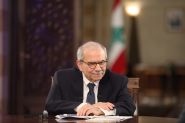
In its latest report, the World Gold Council (WGC) disclosed that Lebanon is one of the top gold holders in the Arab world. It ranks second in the MENA region (Middle East and North Africa) for the largest gold reserves, positioning it among the most influential nations in the region in terms of gold holdings. What potential advantages could this offer?
Despite its significant economic challenges, Lebanon maintains a prominent position in terms of gold reserves in the Arab world. According to the latest report from the World Gold Council (WGC), the country ranks second among Arab nations with the largest gold reserves, holding an impressive total of around 287 tons by the end of 2024, equivalent to 9.2 million ounces, 40% of which are held in the United States.
Notably, the value of Lebanon's gold reserves increased by $1 billion during the second half of January, reaching $25.8 billion, according to figures from the Lebanese Central Bank (BDL).
In an interview with This is Beirut, Nassib Ghobril, Chief Economist at Byblos Bank, stated, "From the end of 2019 to the end of January 2025, the increase stands at 71%, a result of the rising prices of the precious metal on global markets."
In fact, gold reserves were valued at $15 billion in December 2019. He explained that while the volume of reserves has remained unchanged, the surge in gold prices on global markets has driven this record increase in their value. Notably, the price of gold reached a new high of $2,900 on Monday.
Can This Gold Be Leveraged for Any Advantage?
Nassib Ghobril emphasized that this gold was purchased and held for use during times of crisis. "We have been in a crisis for five years, and no one has dared to address the sensitive issue of using these reserves," he noted. However, he explained that "this was understandable, as there was no trust in the authorities, and using the reserves could have led to populist reactions. Today, with the election of the President and the formation of the government, it is time to discuss how to use this available gold. As it stands, it incurs costs for the BDL due to the portion held in the United States, as Lebanon is not benefiting from it.”
The economist argues that "a serious and constructive debate is necessary to consider what can be done with these assets for the benefit of the economy and to restore trust."
"Rather than selling part of the gold, which I do not view as a good idea, we could use it as collateral—say, for a value of $3 to $4 billion—through a transparent mechanism established with global investment banks, to secure liquidity and use it to repay depositors in a proportional and transparent manner," he added.
He also stressed that it is the responsibility of BDL to address the crisis and restore trust by proving its commitment to resolving the depositors' issue. This provides a legitimate way to use the gold without selling any portion of it.
Furthermore, Ghobril believes this should be a critical debate because it is not feasible to have such large reserves—roughly equivalent to the size of the Lebanese economy—and not leverage them, simply on the grounds that the gold cannot be accessed. "The political climate is conducive, and these assets must be used wisely for the benefit of the depositors," he concluded.
The USA Remains the Largest Holder of Gold
On the global stage, the United States remains the largest holder of gold, with an impressive total of 8,133 tons, well ahead of other nations. Germany follows at a significant gap with 3,351 tons, while Italy completes the top three with 2,452 tons. In contrast, Trinidad and Tobago, with only 1,900 tons, ranks at the bottom of the global list.
Behind Saudi Arabia, which holds 323 tons of gold, Lebanon stands alongside major Arab powers, including Algeria with 174 tons, Iraq with 163 tons, Libya with 147 tons, Egypt with 127 tons, and Qatar with 111 tons.
The WGC report also highlights the growing interest of global central banks in gold.
The London-based World Gold Council continues to play a crucial role in analyzing gold market trends. The organization, which includes some of the world’s largest gold mining companies, is renowned for its expertise in assessing the economic and geopolitical factors driving the demand and prices of the precious metal.




Comments